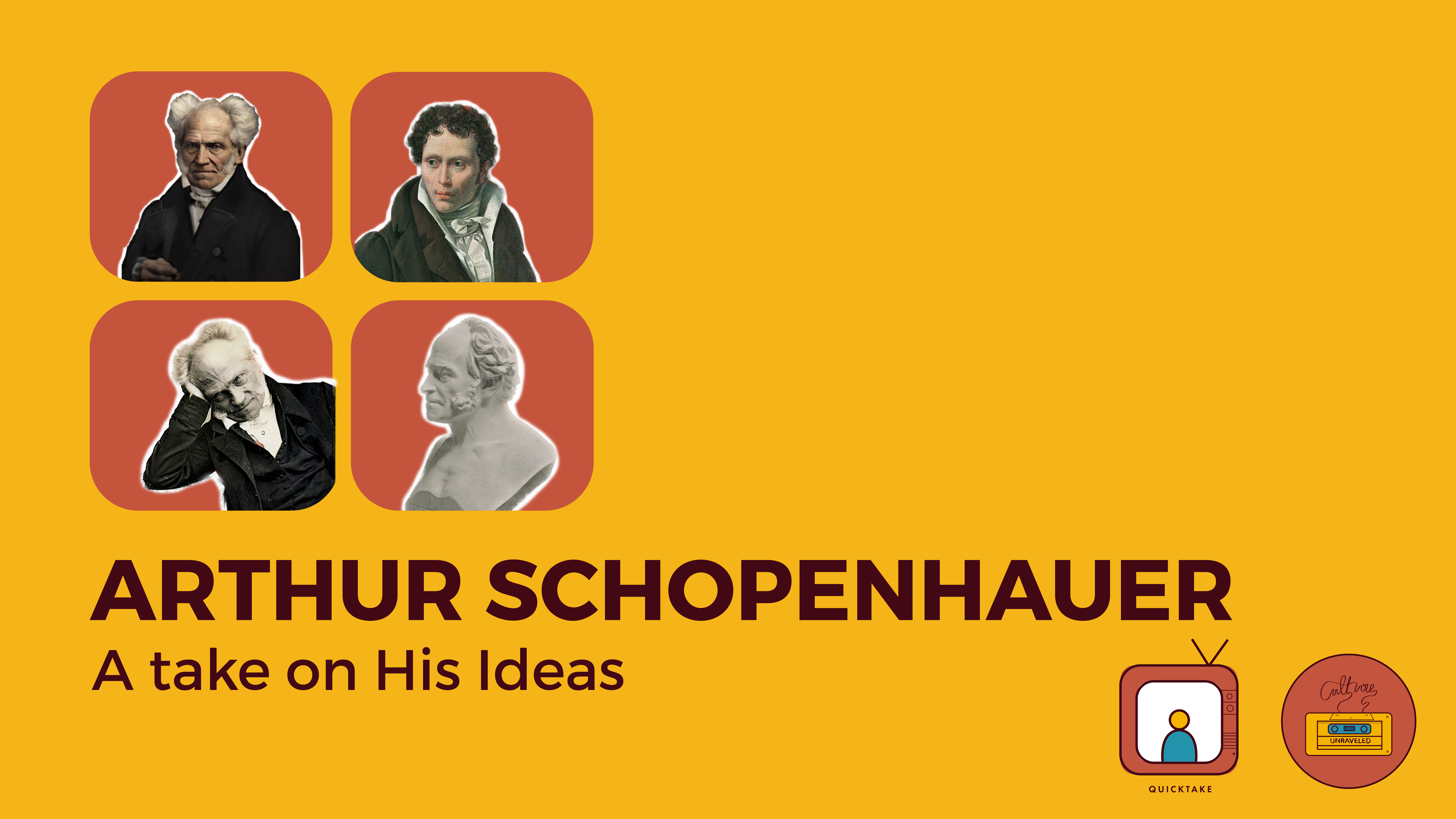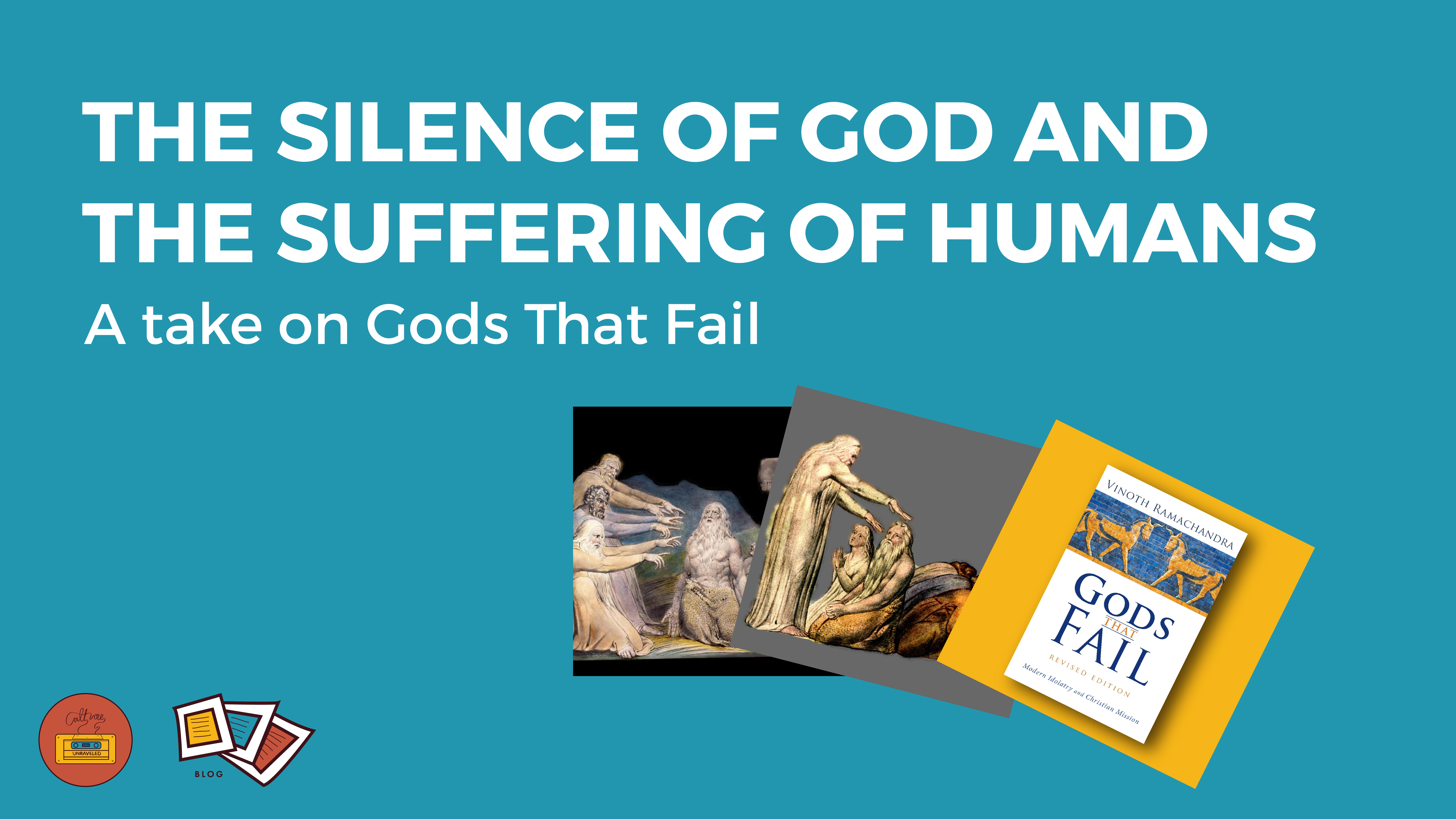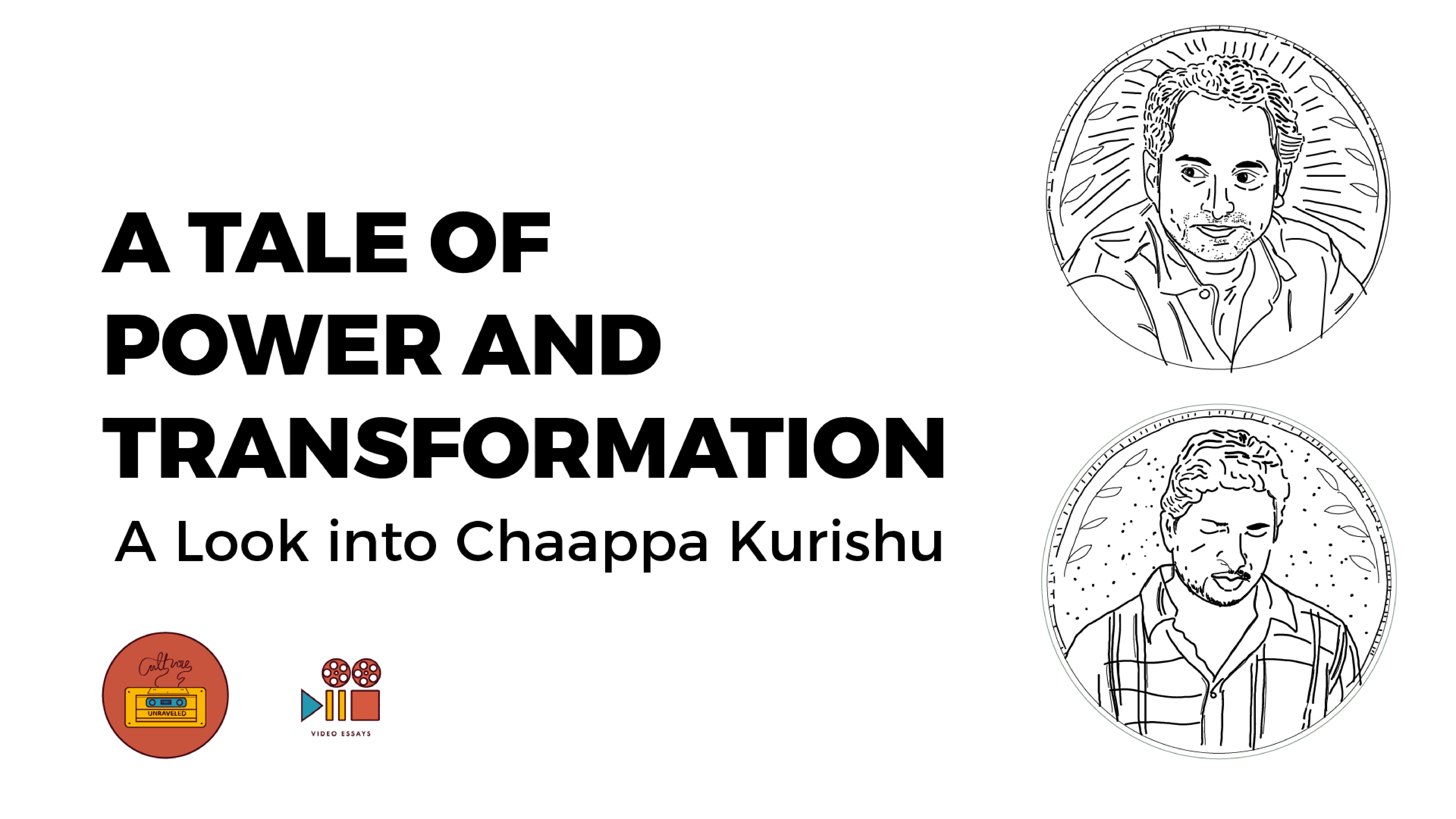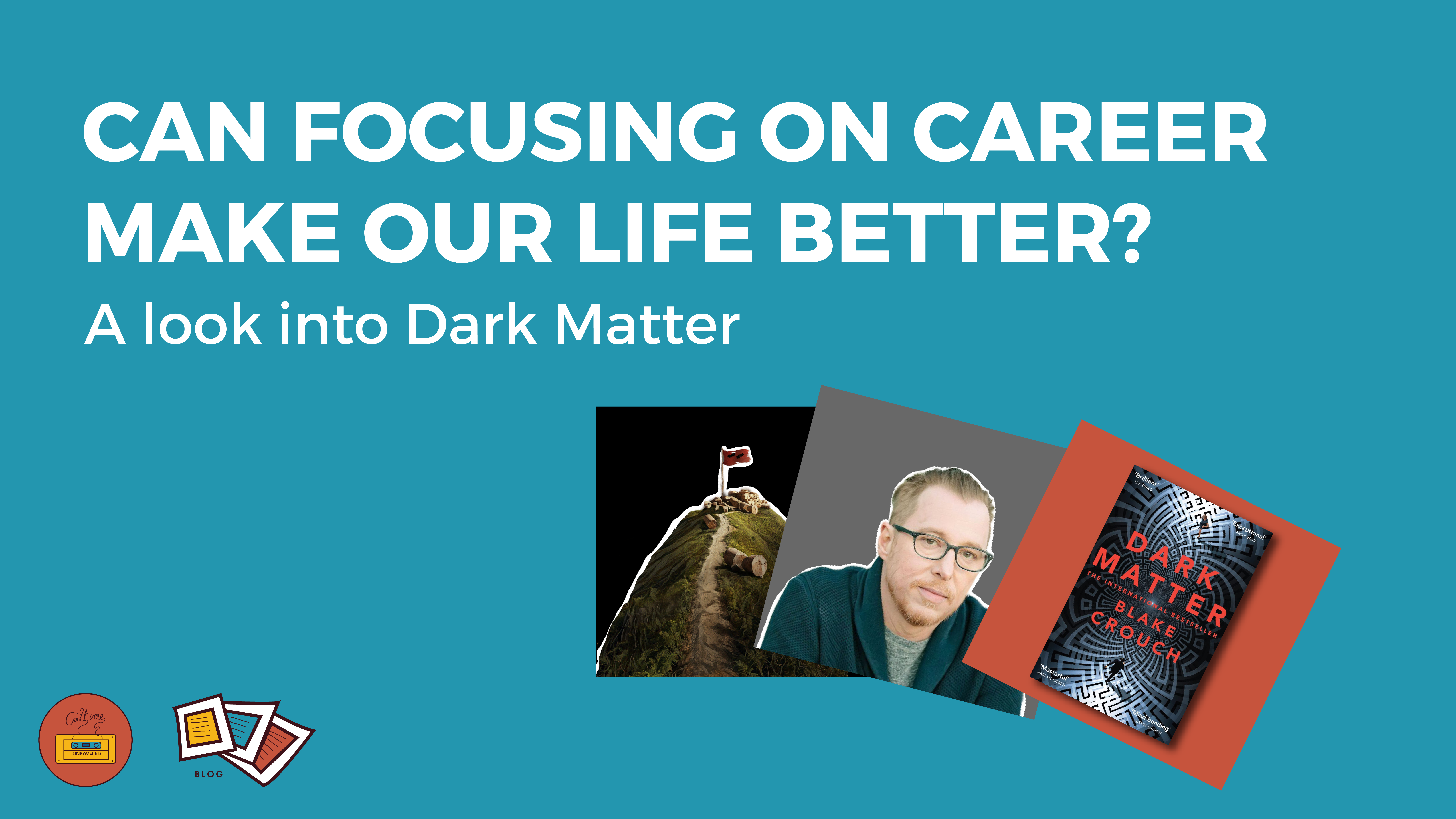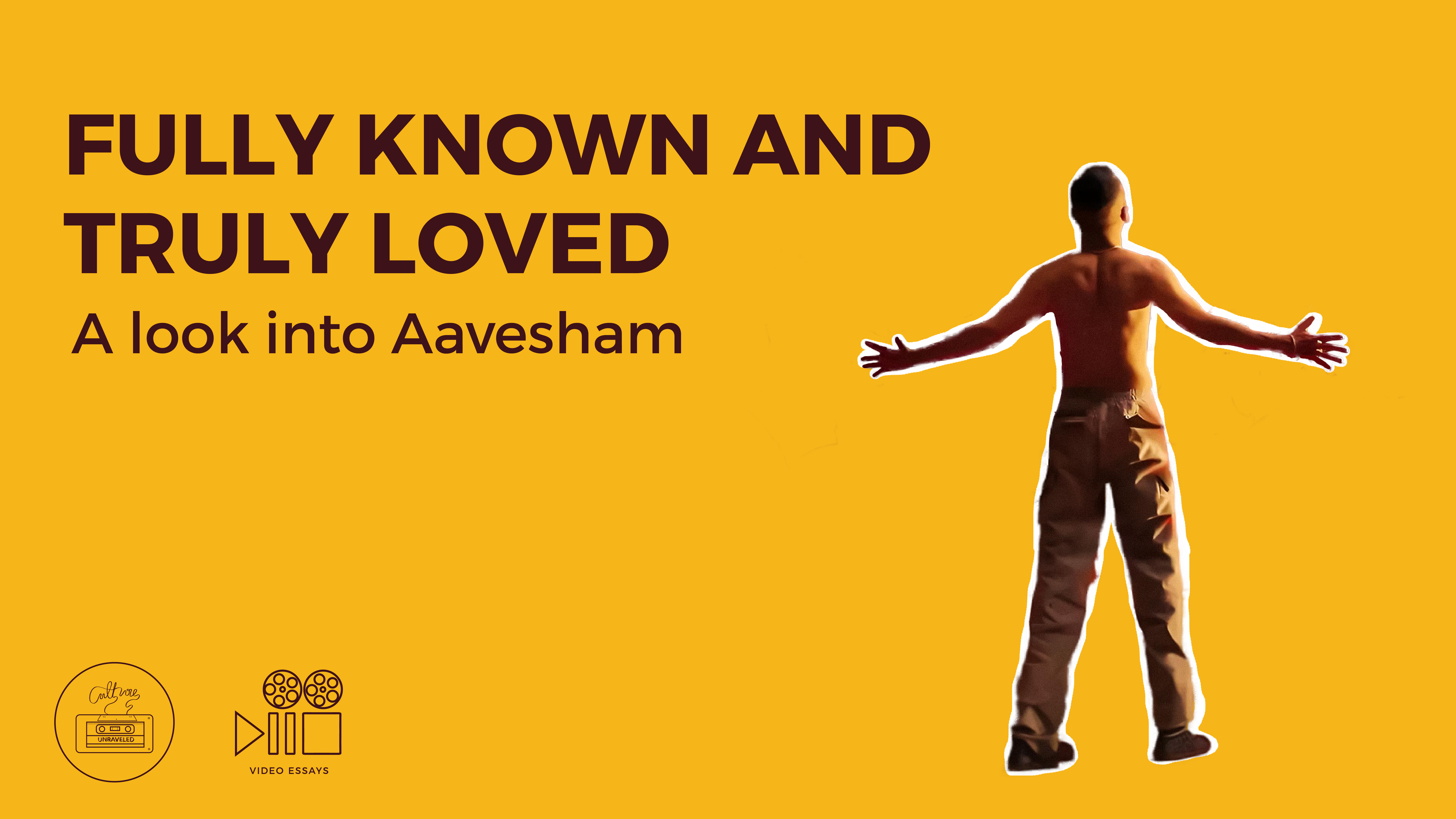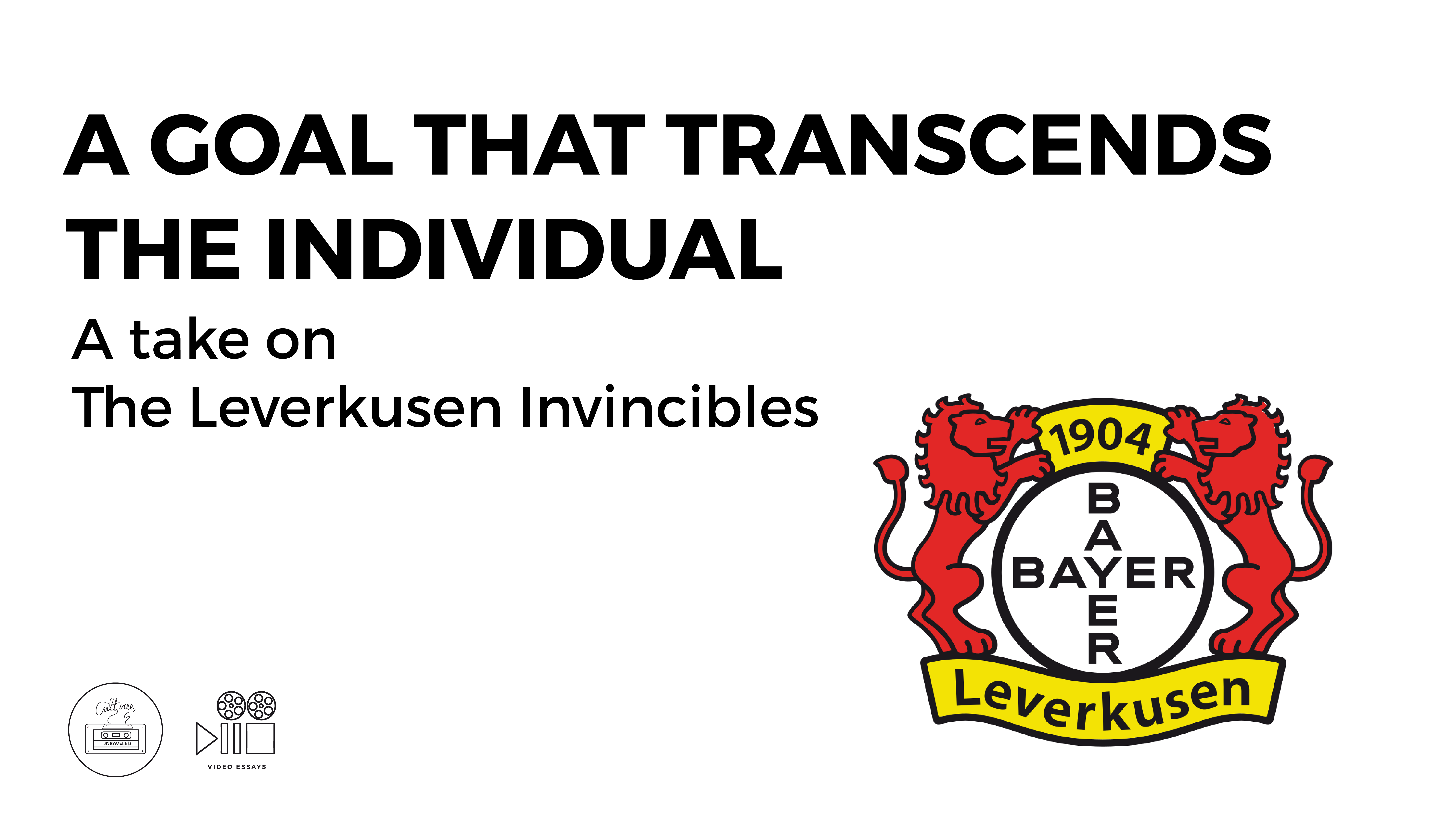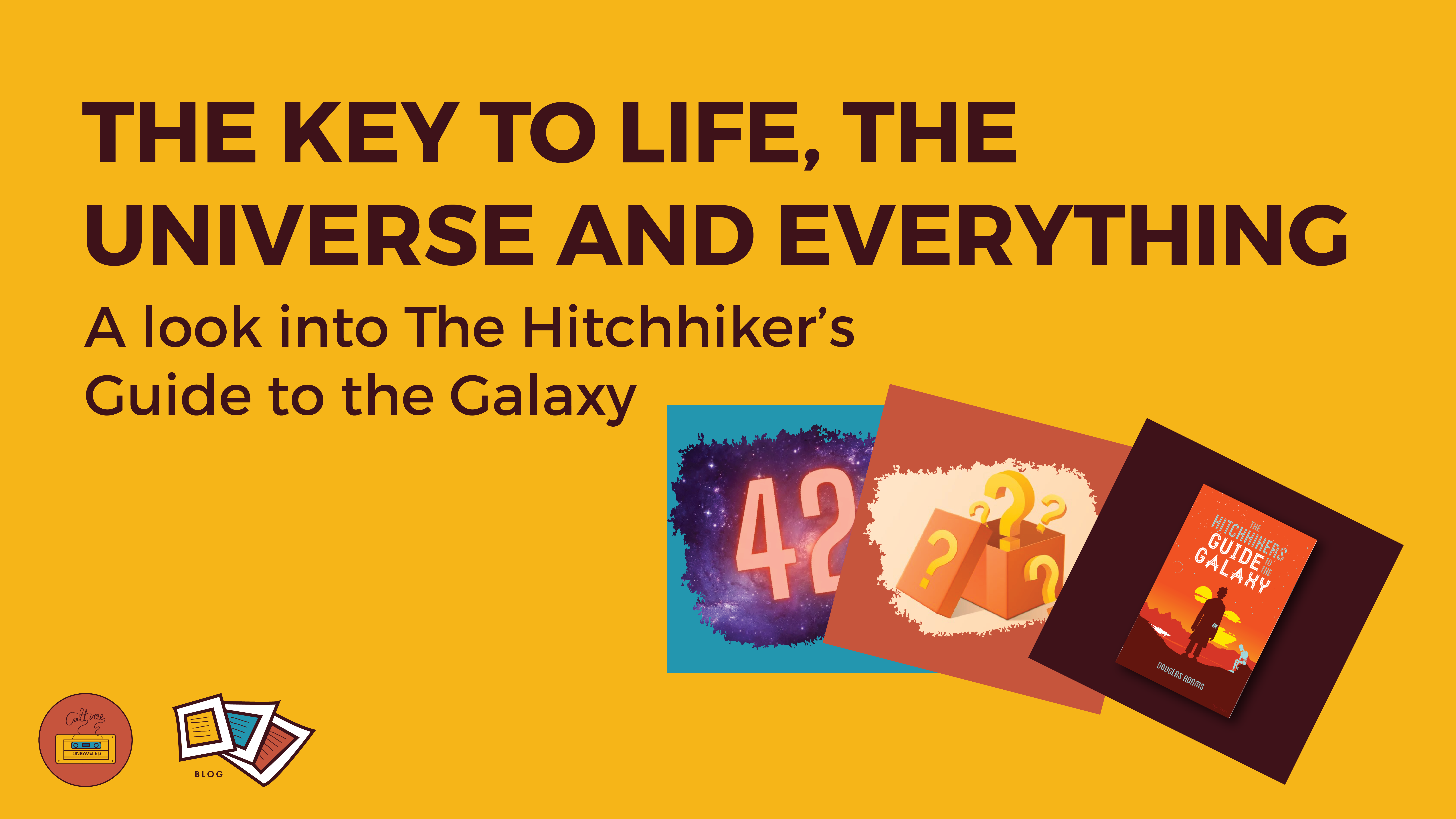
42 – the answer to life, the universe, and everything, according to Deep Thought, the second smartest supercomputer ever to exist. It took Deep Thought 7.5 million years to unveil this answer, yet the real conundrum lingered – what is the question? To discover the ultimate question, Deep Thought initiated the creation of an even more advanced supercomputer, a process that spanned another 10 million years.
Absurd, isn’t it? Welcome to the whimsical world of “The Hitchhiker’s Guide to the Galaxy” by Douglas Adams, the initial installment in a trilogy of five, published in 1979 and still delighting readers of all ages today. Beyond the interstellar adventures, improbable probabilities, and poetry-loving alien races lies a profound message: to comprehend life, the universe, and everything, we must first master the art of asking the right questions.
The story kicks off with Arthur Dent protesting the demolition of his home by local authorities to make way for a bypass. Ironically, unbeknownst to Arthur, the entire Earth is on the brink of destruction by Vogons, an alien species, to clear space for a hyperspace expressway. Rescued by Ford Prefect, an alien researcher posing as an out-of-work actor, they hitch a ride on the spaceship Heart of Gold. This spaceship, stolen by Zaphod Beeblebrox, the eccentric President of the Galaxy, is equipped with an Infinite Improbability Drive which takes them to the legendary planet Magrathea, renowned for custom-building planets.
On Magrathea, Slartibartfast, a resident, escorts Arthur to the planet’s construction facility. Here, he reveals the ancient history of a hyperintelligent race that crafted Deep Thought, a supercomputer aimed at unraveling the “Ultimate answer to Life, the Universe, and Everything.” Deep Thought cryptically answered 42, leaving the actual question unknown. Faced with the complexity of discerning the Ultimate Question, a more advanced supercomputer was constructed – Earth. In other words, the humans on earth were designed to come up with questions that could make sense of life, the universe and everything.
Asking questions to gain deeper meaning and insight into life, the universe, and everything is not exclusive to modern times. Both the Greeks and the Jews valued this practice. For instance, the ancient Greek philosopher Socrates, who developed the method of asking questions, believed in uncovering truths through a dialectical process of questioning and reflection. Similarly, in the Jewish tradition, the Talmudic approach involves dynamic dialogues where questions lead to a deeper exploration of the Torah’s teachings, recognizing wisdom in the dance of questions revealing profound truths.
In today’s digital age, abundant data and information surround us. It’s said that a person today is exposed to more information in a day than someone in the Middle Ages received in their entire lifetime. As we transition into the age of AI, the ability to refine questions becomes crucial. This holds true not just for search engine prompts but also when seeking meaning and purpose in life events. Asking the right questions is a continual process that enriches our understanding of the world. The pursuit of knowledge and meaning is an ongoing journey in our lives, and the questions we ask shape our growth and evolution.
Life often presents answers through various means – circumstances, choices, experiences, revelations, ideas, conversations, relationships, and even disappointments. To make sense of these answers, we need to reflectively ask the right questions. The revelation of the number 42 without context in the book exemplifies this. Events begin to make sense only when we question them, providing direction, new learning, and growth. In Adams’ universe, the Infinite Improbability Drive challenges our understanding of cause and effect, inviting us to question the very fabric of the universe. Asking unconventional questions can shatter preconceived notions and redefine paradigms. Arthur Dent, thrown into improbable situations throughout the narrative, learns to adapt by questioning his assumptions about reality. By embracing the unexpected and asking questions that defy conventional wisdom, we open ourselves to new possibilities and perspectives. Asking the right questions isn’t just about finding answers; it’s about cultivating a mindset that adapts to the ever-changing nature of existence.
In “The Hitchhiker’s Guide to the Galaxy,” true wisdom lies not in the answers but in the questions guiding the journey. The narrative reminds us that life’s meaning and understanding are not fixed destinations but evolving landscapes shaped by the quality of our inquiries. As we navigate our cosmic journey, let us embrace the lesson from Adams’ masterpiece – to ask the right questions, even if the answers remain elusive. For in the quest for meaning, the journey of inquiry becomes the destination, and the art of asking the right questions becomes our guiding star through the infinite expanse of existence.
So the next time you are stuck in life and need answers, perhaps you could try changing the questions.
_________________________________________
Written by Joshua George



